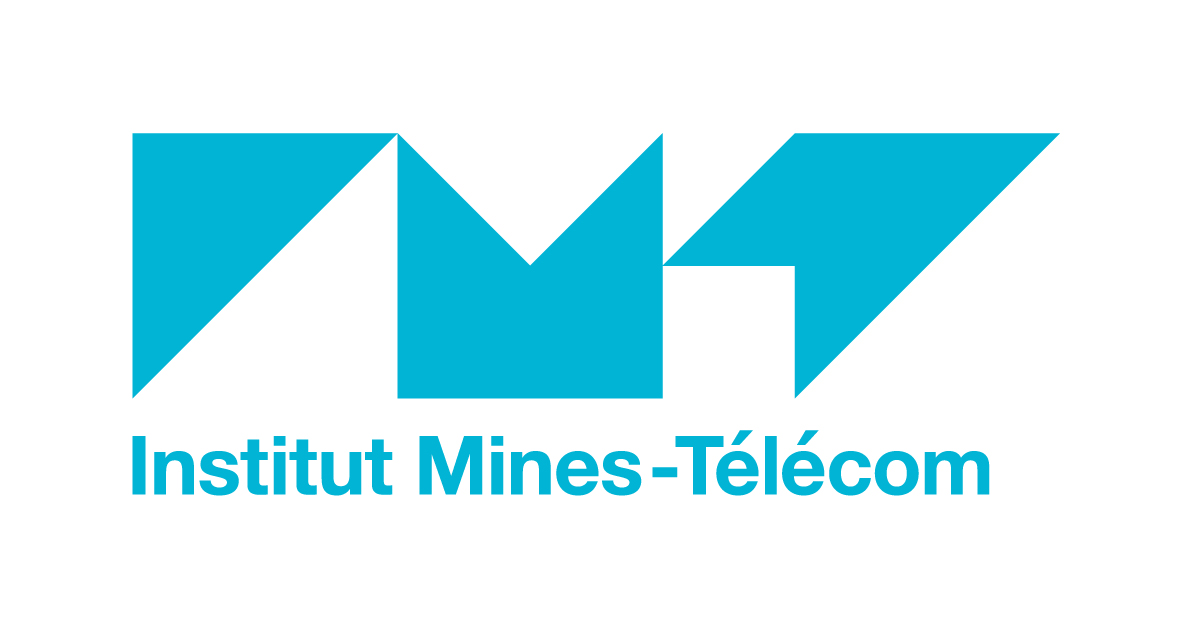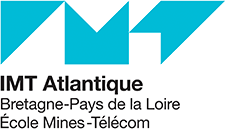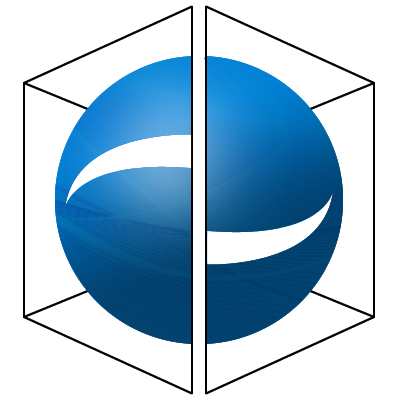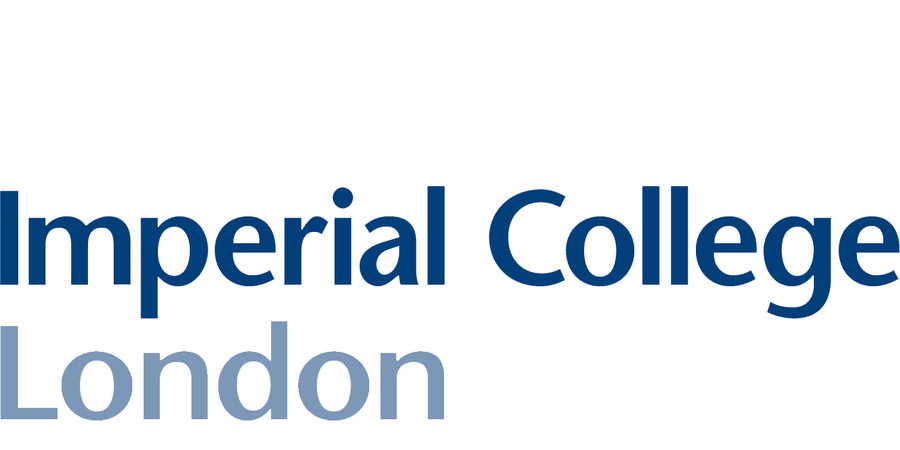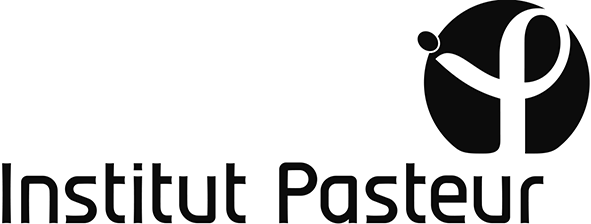
Beatriz Paniagua
Beatriz “Bea” Paniagua, Ph.D., is the assistant director of Kitware’s Medical Computing Team located in Carrboro, North Carolina. Her projects largely focus on craniomaxillofacial, musculoskeletal, and morphometric image analysis (see publications below). In March 2022, she was appointed to the Board of Directors.
Bea is the Principal Investigator (PI) of two National Institutes of Health (NIH) projects primed by Kitware. The first is the Slicer Shape AnaLysis Toolbox (SlicerSALT), a software framework that helps researchers study differences in the shape of anatomy in collaboration with UNC and NYU. The second is the Osteotomy Trainer, a virtual reality training system that recreates the visual, haptic/tactile, ergonomic, procedural, and functional aspects of oral and maxillofacial surgery. The Osteotomy Trainer will help surgeons prepare for surgery by allowing them to practice a procedure known as osteotomies, and predict the outcome of interventional decisions before the actual surgery without any risks to the patients. This helps improve the quality of outcomes for patients and the efficiency and operating time for surgeons. In addition, Bea is developing automated image analysis methods to detect bone quality in the temporomandibular joint and other bones. Her bone analysis methods can be used to detect bone defects such as sclerosis or loss. She is also developing an automated method to detect cracks in teeth, specifically the first and second molars. In addition to serving as PI for these NIH projects led by Kitware, Bea is also the PI for two NIH subcontracts: SlicerHeart, SlicerAutoscoper and SlicerCMF.
Bea kicked off the first “SIG,” or Special Interest Group, for The Medical Image Computing and Computer Assisted Intervention Society (MICCAI). This group is focused on shape analysis and modeling in medical imaging. Additionally, she has served as organizer for the ShapeMI 2018 and ShapeMI 2020 workshops at the MICCAI conference as well as the International Symposium on Biomedical Imaging (ISBI) 2023 conference.
Along with her projects at Kitware, Bea is involved in various company initiatives. Bea is also involved in recruiting efforts as well as a strategic initiative that aims to align our proposal opportunities with our company strategy. She is a member of the Employee Ownership Committee (EOC), whose mission is to promote a culture of employee ownership at Kitware by educating employees on employee ownership, emphasizing the privileges and responsibilities that come with being an employee owner, and celebrating our successes as an employee-owned company.
Previously, Bea was part of an internal committee at Kitware that created more structure around our onboarding processes. Her guidance and feedback were used to help the company maintain a culture that is family-friendly. She supported mentoring programs that would help employees (regardless of gender) advance their careers, with the understanding that this could ultimately lead to advances in science.
In addition to her work at Kitware, Bea is an adjunct assistant professor at the University of North Carolina at Chapel Hill (UNC) in the departments of orthodontics and computer science. She is also one of the lead engineers of Dental and Craniofacial Bionetwork for Image Analysis (DCBIA). She is a reviewer for several journals and conferences in the field of image analysis such as Medical Image Analysis, The International Journal in Advanced Manufacturing, International Journal in Intelligent Systems, Human Brain Mapping, Neuroimaging, Computerized Medical Image and Graphics, and the IEEE International Symposium on Biomedical Imaging (ISBI). Bea received an NIH invitation to serve on its Clinical Neurophysiology, Devices, Neuroprosthetics, and Biosensors Small Business Panel. She was specifically asked to join the review panel to provide her expertise in medical imaging and machine learning in an effort to help bring visionary ideas forward.
Bea also works hard to promote female leadership development and addresses issues of female scientists such as career-life balance and gender disparities.
Prior to working at Kitware, Bea was an Assistant Professor at UNC, with joint appointments at Psychiatry, Orthodontics, and Computer Science. Her work focused on shape analysis methodology development, and she maintained and extended the morphometry analysis software toolboxes of the Neuro Image Research and Analysis Laboratories (NIRAL). She also led the Small Animal Image Processing Laboratory section of the NIRAL, which provided image processing services to other investigators. This lab looked at the structural properties of the brain in animal models of autism, Angelman’s syndrome, maternal neglect, or substance abuse.
In addition to brain morphometry, she was the co-director of the 3D Orofacial Imaging Laboratory. Her projects in craniofacial morphology looked into analyzing the bony structures in the head and how they change due to pathology and treatment. This training and her clinical research collaborations in dentistry and neuroimaging placed Bea in the unique position to understand the computer-based analytical needs in these fields as well as understanding what methodologies have the potential to greatly impact clinical research.
In 2006, Paniagua was awarded a Monbukagakusho scholarship for her dissertation, which focused on the study of computer vision techniques for quality detection in natural textures that allowed her to research and develop three-dimensional textural features for quality classification in the Graduate School of Science and Engineering at the Tokyo Institute of Technology Imaging Science & Engineering Laboratory. After finishing her dissertation, she completed a year-long internship at Siemens Corporate Research in Princeton, New Jersey. She also worked on denoising algorithms for four-dimensional cardiovascular magnetic resonance images.
Bea received her Ph.D. in computer science from Heriot-Watt University and the University of Extremadura in 2010. She received her master’s and bachelor’s degree in computer science from the University of Extremadura in 2005 and 2003, respectively.
Leveraging Open-Source Technologies for the Advancement of Medical Image Computing
To be continued...

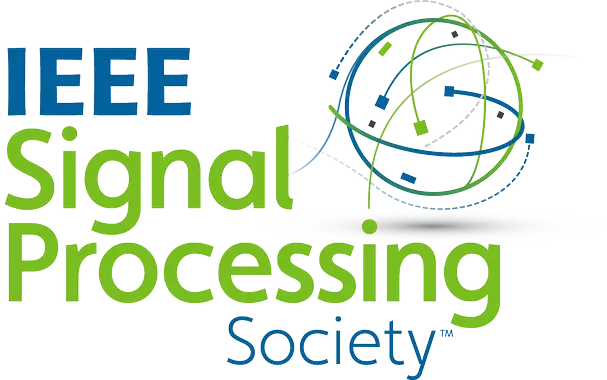 15th IEEE EMBS-SPS International Summer School on Biomedical Imaging
15th IEEE EMBS-SPS International Summer School on Biomedical Imaging
